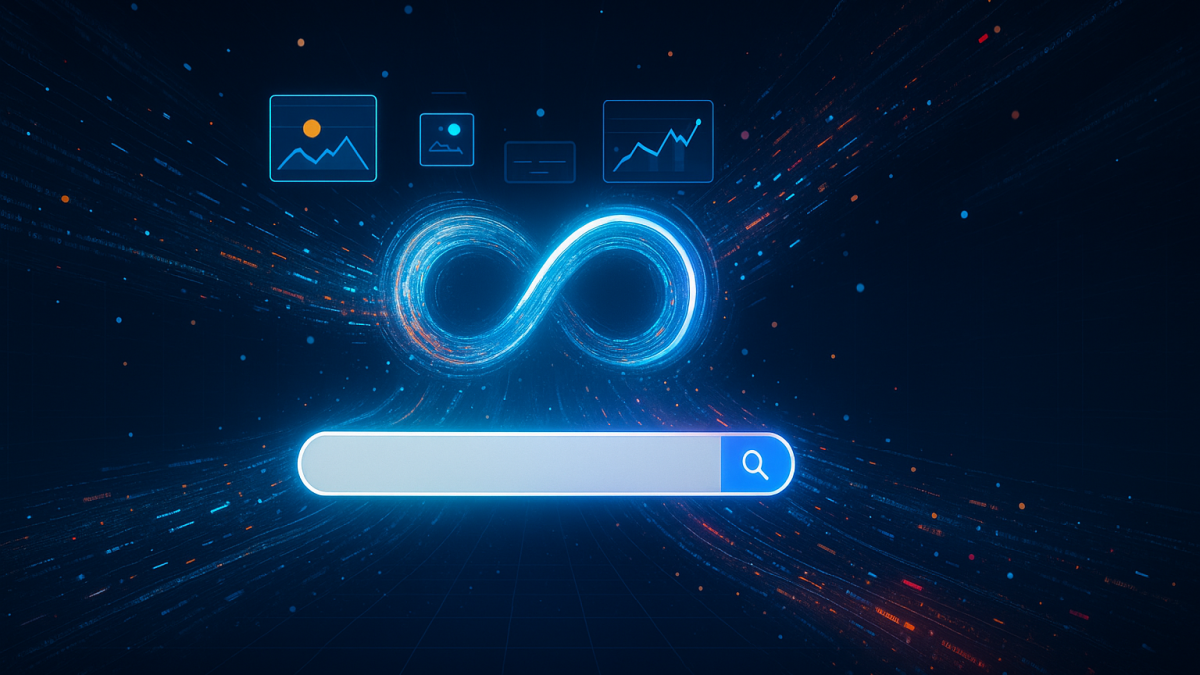Google announced Gemini 3 on Tuesday and is embedding it into Search and other products immediately, marking the first time the company has integrated its most advanced AI model into its search engine on day one.
This aggressive rollout signals a step-change in Google’s strategy: shifting from cautious research releases to product-first, revenue-driven deployment at scale.
The launch includes key features such as Gemini Agent for autonomous task execution, Deep Think mode for enhanced reasoning, upgraded multimodal and coding capabilities, and new developer tools including Google Antigravity and Vertex AI integration.
Unlike past Gemini rollouts that took weeks or months to reach core products, Gemini 3 is live today across the Gemini app, Search’s AI Mode, AI Studio, and enterprise platforms, available to Google AI Pro and Ultra subscribers immediately.
CEO Sundar Pichai called it “the best model in the world for multimodal understanding,” while Google DeepMind CEO Demis Hassabis emphasized its state-of-the-art reasoning and agentic coding power.
What’s different about the Gemini 3 launch
The deployment mechanics behind Gemini 3 represent a fundamental departure from Google’s historical playbook.
In past model releases, Google tested cautiously, rolled out gradually, and waited months before embedding new capabilities into revenue-generating products like Search.
This time, the company went all-in from the jump.
Gemini 3 Pro is available today in preview across Google’s entire product ecosystem: the Gemini app with over 650 million monthly users, Search’s AI Mode for paid subscribers, the Gemini API through AI Studio, and enterprise tools via Vertex AI and Gemini Enterprise.
The headline features driving this confidence include Gemini Agent, which enables autonomous multi-step task execution, and Deep Think mode, which uses parallel reasoning techniques to solve exceptionally complex problems by extending “thinking time” and exploring multiple solution paths simultaneously.
Deep Think achieved a 41% score on Humanity’s Last Exam without tools and an unprecedented 45.1% on ARC-AGI-2, outperforming competitors like OpenAI’s o3 and demonstrating near-AGI-level reasoning.
Gemini 3 also introduces generative UI capabilities in Search, where the model can dynamically code interactive simulations, calculators, and custom tools in real-time to answer queries, essentially building mini-apps on the fly within search results.
Why this matters: For users, publishers, and investors
The immediate integration of Gemini 3 into Search carries profound commercial and strategic implications.
For users, the experience is transforming from static blue links to interactive, generative interfaces that deliver richer answers, simulations, and tools without leaving the search page.
But for publishers, this shift is alarming. Google’s AI Overviews and generative answers already reduce click-throughs to websites, threatening the advertising revenue model that sustains the open web.
Data suggests that less than 1% of traffic from AI answer engines like ChatGPT, Perplexity, and Gemini actually clicks through to publisher sites, effectively creating what some call a “traffic apocalypse.”
Publishers fear that as Gemini 3 becomes the default search experience, their traffic could drop 20% to 50%, forcing fundamental business model rethinks.
Meanwhile, Google executives have acknowledged internally that search traffic decline is “inevitable,” with the choice being whether they lose traffic to their own Gemini or to rivals like ChatGPT, and they’re betting on Gemini.
From an investor perspective, this aggressive monetization push is critical. Google is racing to accelerate Gemini’s revenue generation through subscriptions ($19.99/month for AI Premium), API usage on Vertex AI, enterprise licensing, and Workspace AI upgrades.
The day-one Search integration also positions Gemini to boost ad targeting and conversion value, potentially transforming each interaction from a $1 click into a $1,000 conversation-driven transaction.
However, safety and accuracy concerns linger.
Research shows Gemini has the highest rate of significant issues among AI assistants, with 76% of news-related responses containing problems, double the rate of competitors.
The post What makes the Gemini 3 launch Google’s biggest AI push yet? appeared first on Invezz

